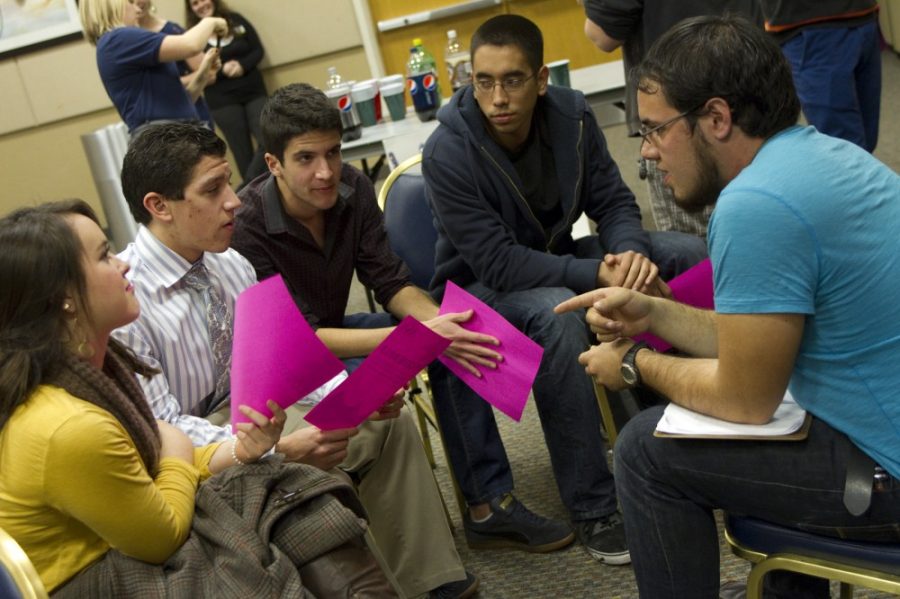Proposed legislation is raising concerns for some Arizona campus organizations funded through student fee money.
Rep. John Kavanagh, R-Fountain Hills, proposed House Bill 2169 at the House’s first regular session; the bill challenges where student organizations transfer their money after it is collected from students.
“I ran the bill because I think it’s unconscionable that any organization should take mandatory student fees and then spend it on an outside political campaign,” Kavanagh said. “That is so unethical.”
The bill specifies that a university cannot transfer money to student organizations if that money will then be used to influence “the outcome of an election or to advocate support for or
opposition to pending or proposed legislation.”
Additionally, if the bill were passed, a student enrolled in a university would have to consent to the transfer of their tuition or fees to a specified student organization. Without consent, the fees would not be transferred.
When commenting on the possibility of an opt-in, Kavanagh said it was a good start, but if the university helps organizations collect funds, there should be a ban on their giving money to political organizations or elections.
“If they want to collect money and give it to elections and campaigns, they should form a separate organization and collect the money with no university involvement so it’s not tainted with taxpayers’ assistance,” Kavanagh said.
Arizona Students’ Association members addressed Kavanagh’s proposed legislation at their annual organization kick-off Wednesday night. Along with the history of ASA, members discussed legislation that could impact Arizona university students.
“Obviously it’s important because it’s going to impact students as a whole throughout the entire state,” said Jordan King, vice chairman of the board of directors and chairman of the internal affairs committee. “As far as the kickoff goes, we just really want to educate as many students as possible, that way the students can formulate their own opinion on what we should and should not do.”
ASUA President Katy Murray said she is still reading through the bill to get a better understanding of its potential impact on the Associated Students of the University of Arizona.
“It will be an issue that we are talking about,” Murray said.
When discussing the bill, King expressed some skepticism about the bill’s purpose.
“I feel like this was in direct relation to ASA supporting Prop. 204,” King said. “I think it’s meant to affect a student association like us, but it’s actually going to affect every kind of student association.”
In the fall 2011 semester, ASA faced controversy over its decision to donate funds to a campaign for Proposition 204, which would have renewed a one-cent sales tax that allocated some of its revenue specifically to education.
As a result of the debate, the Arizona Board of Regents suspended the ASA $2 student fee for the spring semester. A final decision on the fee’s removal will be made at the ABOR meetings next Wednesday and Thursday.
King stressed that the bill, if passed, would limit a group’s ability to advocate for student rights. Oftentimes, group members go to the capital and advocate for student rights, King added.
The ASA board of directors will meet next week to discuss tactics to combat the proposed legislation and the group trip to Lobby Con in February will also provide members an opportunity to meet with state legislators to discuss the bill, King said.
“This is just another thing that we can fight and that really shows that ASA is doing what’s best for its students across the state,” King said.









